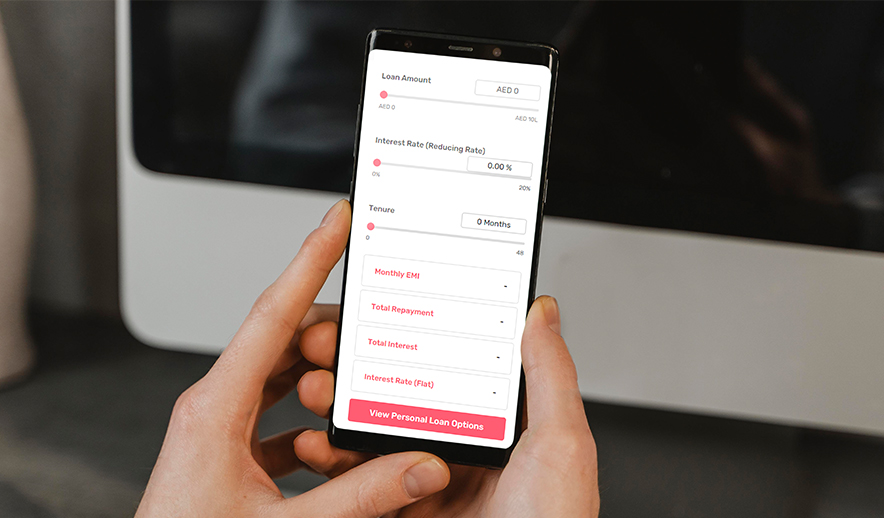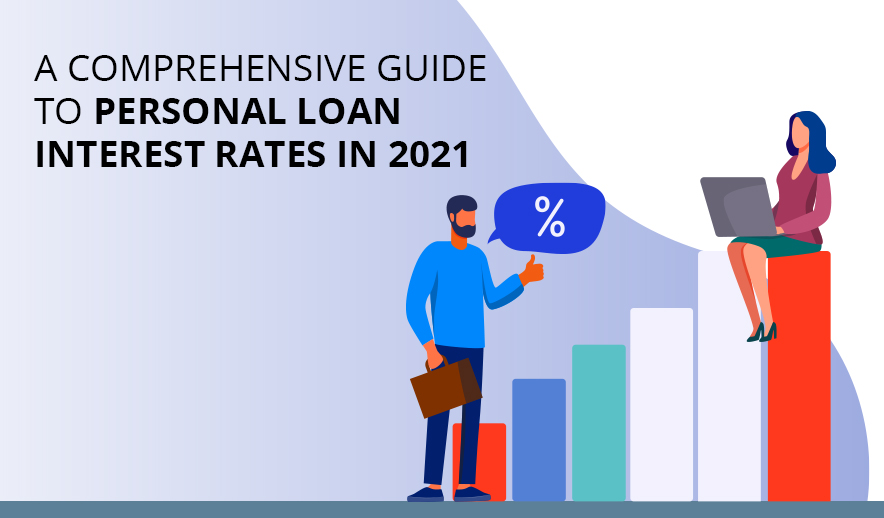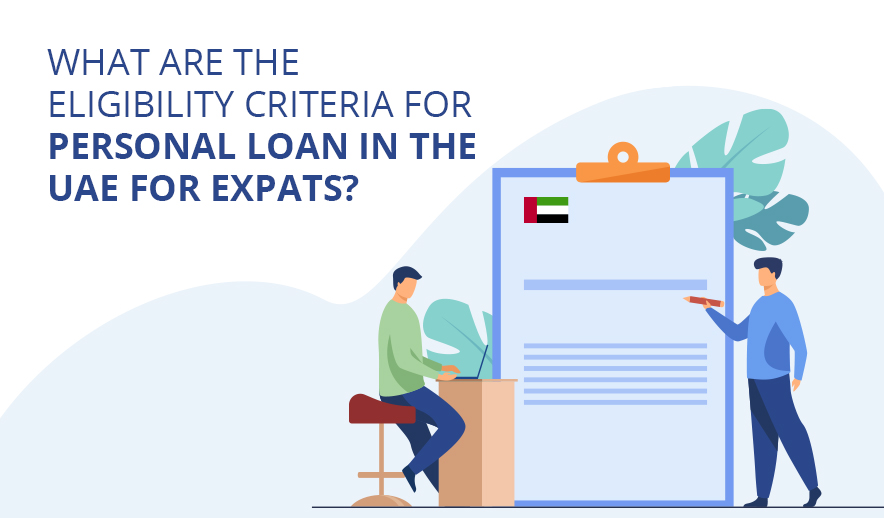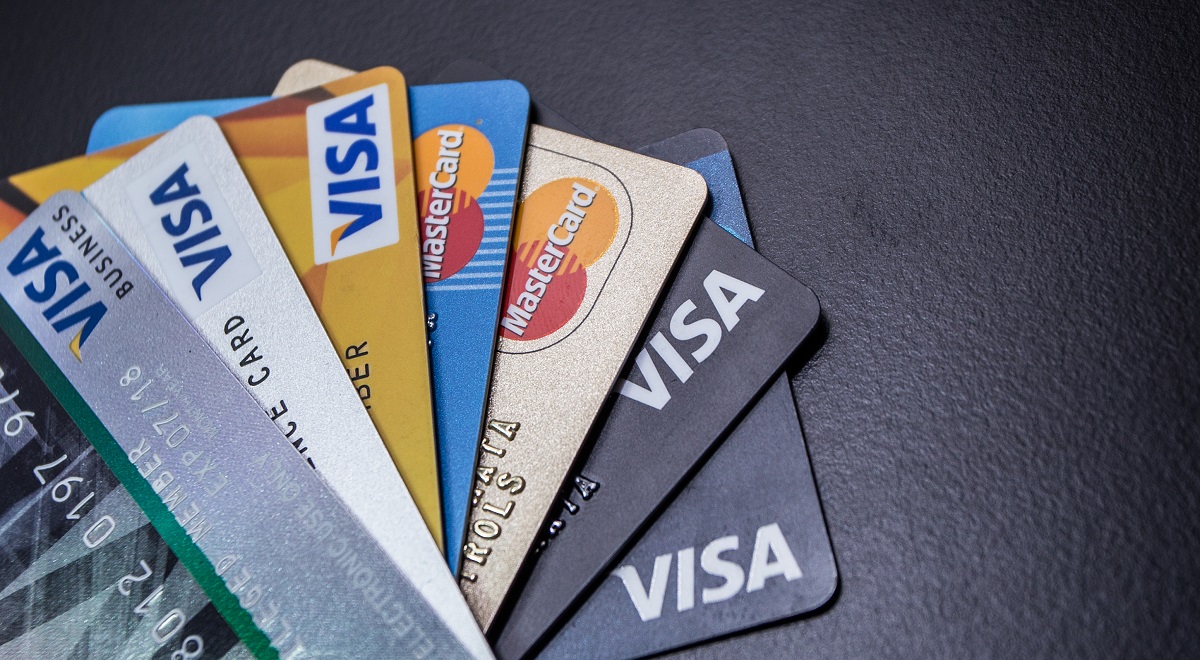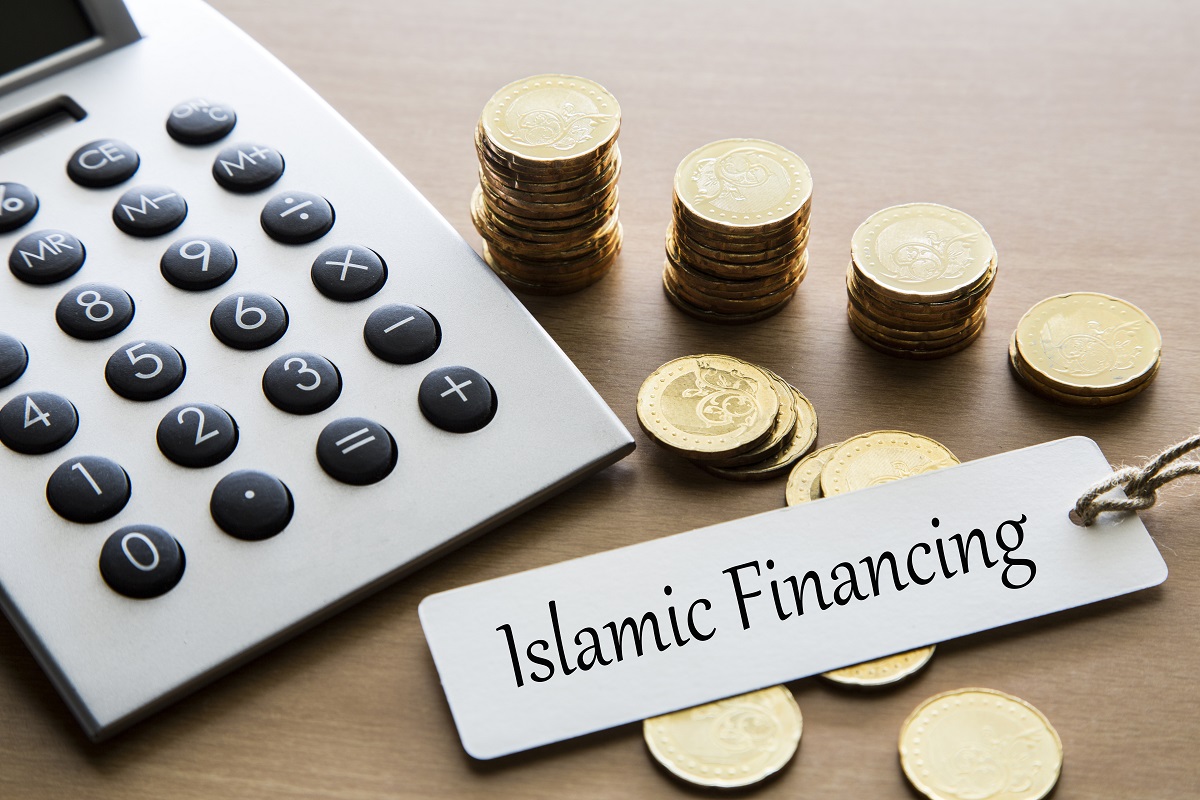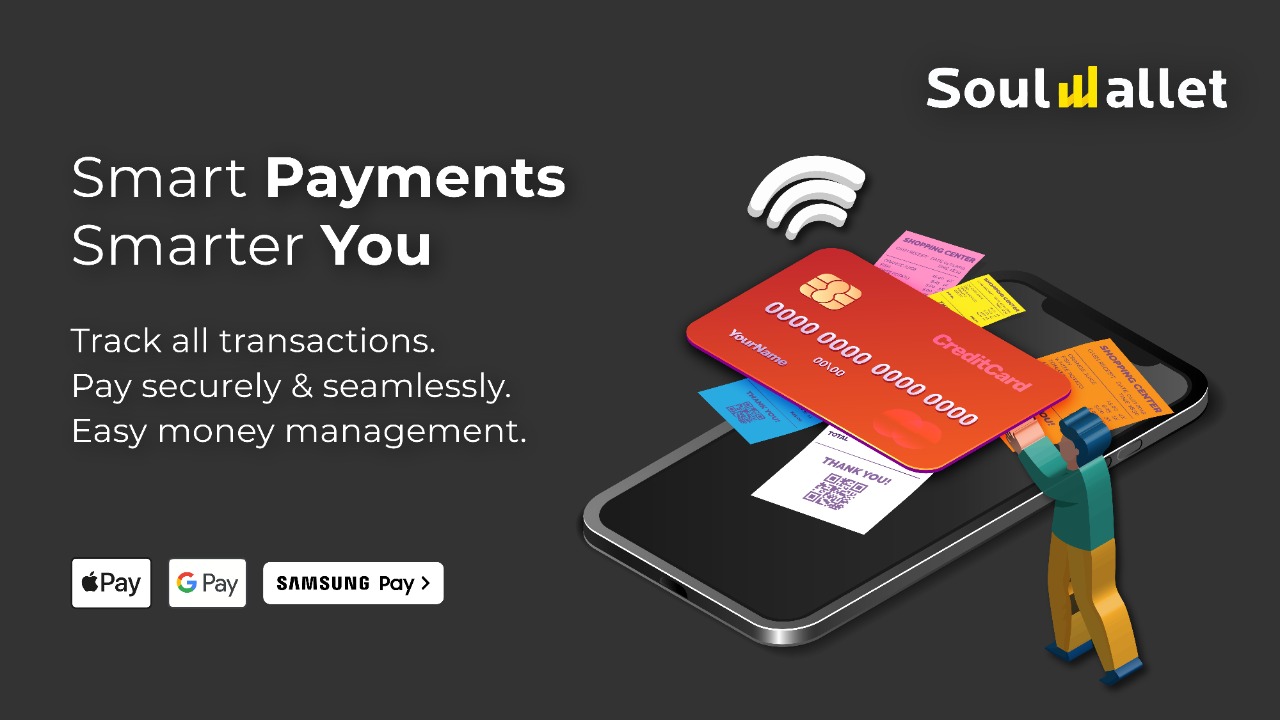Nestled in the southeast corner of the Arabian Peninsula, the UAE is an ever-growing country. Since the 1960s, the Emirates have experienced significant economic growth and have quickly become one of the richest nations in the world. The UAE is a melting pot of cultures, with around 85% of the entire population consisting of expatriates. Many come to the UAE seeking new opportunities and growth. Thus, the UAE has a large and vibrant community of expats and with many professional opportunities available to expatriates, it is one of the best destinations to live and grow in.
Understanding your money management options as an expat living in the UAE can be tricky and confusing. It is important to know which options are right for you to open and operate your bank account and ensuring your family’s home and belongings. With the rise in the cost of living in the UAE, it may sometimes become difficult to save funds for a rainy day, which can further lead to a financial crisis during emergencies. You can opt for a personal loan from banks for financial aid. However, to get a Personal loan in the UAE for expats, you have to be eligible as per the requirements of the banks. The eligibility criteria usually differ from bank to bank and are based on the applicant’s profile.
Banks in UAE offer two types of personal loans to expats:
- Personal Loan Without Salary Transfer: Personal loan in UAE without salary transfer provides the loan applicant to apply for a personal loan without having to transfer their salary into a particular bank account. Citibank, FAB or some banks offering loans without salary transfer.
- Personal Loan With Salary Transfer: Personal loan in UAE with salary transfer rewards the loan applicant to maintain an account with the bank by transferring their salary into it every month. ENBD, Mashreq, FAB and Citibank are some popular salary transfer loans in the market.
The loan with salary transfers offers an attractive interest rate as compared to the ones without a salary transfer. In general, a personal loan without a salary transfer is opted by those who either do not have their company listed by the banks for a salary transfer loan or for those who are looking for a second loan.
The eligibility requirements for a Personal Loan in the UAE for expats are:
- Minimum Income: Banks in UAE have different requirements for the minimum monthly income of expats for personal loans. While the minimum requirement is AED 5000 fixed salary per month, most of the banks have their entry level criteria ranging from AED 7000 per month. The higher the income the better are the options.
- Employment Status & Listed Company: This applies to salaried individuals. While some banks give approval with company listings, some banks in UAE require expats to be employed in their listed companies. Listed companies are those which have been categorized or scrutinized by the banks as companies eligible for such a Salary transfer loan for its staff. The listing is basically done on the company credibility such as years in business, number of employees, setup, and other factors.
- Salary Transfer: Some banks in UAE require salary transfers for personal loan approval.
- Age: The maximum age of applicants is 60 and the minimum age is 21 for applying for a personal loan in UAE for expats.
- Proof of Residency: Almost every bank offers loans for expats, but it is difficult to find a bank that can offer personal loans for non-resident expat. Expats can apply for personal loans that can provide residency proof by providing a passport with a valid visa and documents supporting proof of residency.
- Credit history: Customers applying for personal loans in UAE should have a good credit score with a good credit history. A good credit report shows that the applicant is eligible to repay the loan. Applicants with high credit score can get preferential interest rates from banks. Minimum Credit Score (Al Etihad Credit Bureau Score) starts from 651. The better the score the lower the interest rate in general.
- Employment and Income Proof: This can be shown by presenting a salary slip and documents supporting your employment status. Certain banks also require the applicant to have a specified experience in their job to qualify, in such a case the joining letter would also have to be submitted to the bank
- Bank statements: Depending on the banks, the applicant would have to submit their bank statements ranging between the last three to six months.
- Loans for Self-employed Customers: Some of the banks such as RAKbank, ADCB and DIB provide loans to self-employed customers. The criteria usually are the years in business, nature of the business and the Average Annual Turnover.
Along with the eligibility criteria, applicants also need to present official documents to the banks for getting a personal loan.
For Identification of the Expats:
- Copy and Original Emirates Identity Card
- Resident Visa proof
- Address proof (for example utility bill)
- Security Cheque (Undated)
For salaried expats:
- Salary transfer letter or salary certificate
- Bank statement of the previous 3 months
For Self-employed Expats:
- Power of attorney
- Memorandum of Association
- Trade license
- Bank statement of the previous 6 months
The interest rate for personal finance varies for expats and differs across different banks. They are based on two options.
- Reducing the rate of interest: The reducing rate of interest starts at a certain percentage but declines every year.
- The flat rate: The flat rate of interest is decided at the beginning by the bank and is consistent and cannot be reduced on a yearly basis.
Some of the best consumer loan providers in the UAE for expats are:
| List of Banks | Maximum Finance Amount | Minimum Monthly Salary Required |
|---|---|---|
| Emirates Islamic Personal Finance | Up to 2 million AED | AED 5000 |
| Ajman Bank Goods Murabaha | Up to 1 million AED | AED 6500 |
| ADIB Personal Finance | Up to 1 million AED | AED 8000 |
| CBD Personal Loan | Up to 750,000 AED | AED 8000 |
| Emirates NBD Personal Loan Without Salary Transfer | Up to 500,000 AED | AED 10,000 |
| Mashreq Personal Loan for Expats | Up to 1 million AED | AED 7000 (for applicants from the approved list) AED 10,000 (for applicants of the unapproved companies) |
| RAKBANK Personal Loan for Expats | NA | AED 5000 |
Tips for Getting Your Application for a Personal Loan Approved:
In order to ensure that the application does not get rejected, applicants should keep certain tips in mind
- Ensure that the applicant meets the eligibility criteria that has been stated by the bank. If the applicant fails to meet any of the eligibility criteria, the request will be denied.
- Ensure that the applicant has a good credit score to let the banks know the risk associated with providing the applicant the loan.
- Ensure that the applicant would be able to payback the loan factoring your monthly salary and expenditures.
- Most banks in the UAE give upto 4 years for repayment.
- Sending out multiple applicants would damage the chances of getting a personal loan.
The process to apply for a loan has become simple and easy to help and encourage expats in gaining a personal loan in the UAE. However, applying for a personal loan does not confirm the loan approval. Expats will have to qualify certain eligibility criteria to be approved and financed.
The well-researched, solidly structured, unbiased content along with unique tools at SoulWallet helps you make well informed financial decisions for your personal and business transactions. In the process, SoulWallet helps you identify the options that will let you save money and enjoy the best perks.
SoulWallet grants their users services that would help them make the most of a wide range of personal finance solutions, from credit card reward cards in the UAE, to personal loans, to Islamic credit cards, to air miles credit card application and a lot more.


